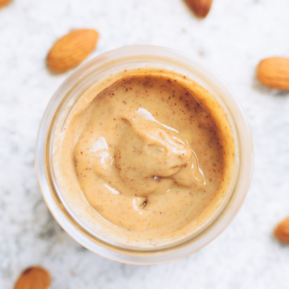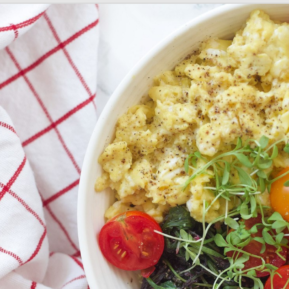Following nine months of pregnancy and going through labour, it’s only natural that you’re not feeling yourself – well, you have just given birth to a baby! While you shouldn’t rush to get back to normal (what is normal anywhere), there are some things you can do to make yourself feel more like you again.
Here, Clare Young, Nutritional Therapy Practitioner gives us her three tips to aid postnatal recovery:
Get enough sleep
Sleep quality and quantity is massively affected in new parents as they are constantly woken every few hours by their new-born baby. This means sleep cycles are frequently interrupted and the chances of reaching the final deep sleep stage is drastically reduced in a night’s worth of sleep.
Our brains go through five stages of sleep. Four are Non-Rapid Eye Movement and one is REM deep sleep:
- Stages 1-3 are a series of adjusting and winding down into a restful and rejuvenating sleep
- Stage 4 is deep sleep
- Stage 5 -REM deep sleep helps us to forget useless information to avoid information overload/ NREM restores body, REM stores mind.
According to Sleepfoundation.org “The first sleep cycle is often the shortest, ranging from 70-100 minutes, while later cycles tend to fall between 90 and 120 minutes. Not all sleep cycles are the same length, but on average they last about 90 minutes each.”
How can we optimise the sleep we do get?
With a new-born baby sometimes it’s not even possible to get 90 minutes consecutive sleep so you can optimise your sleep by doing the following:
- Eat tryptophan rich foods – Melatonin is a hormone produced from the tryptophan serotonin pathway. Eating a diet high in tryptophan foods can help increase blood levels of melatonin. Your body produces melatonin naturally which will help you wind down and prepare for a good night sleep
- Try not to use blue light IT at least two hours before bedtime. The light will prevent melatonin levels rising which are needed to help your body feel sleepy
- Keep your bedroom quiet, dark, and cool. Use curtains or blinds to block out light. Consider using soothing music or a "white noise" machine to block out noise
- Don't do stressful or energizing things within two hours of going to bed this includes watching action thrillers on tv or things that will heightened your stress levels
- Magnesium spray is also great for relaxing tense muscles. BetterYou do a good one or Kiki Health
- Use a eye mask and earplugs, if light and noise bother you. Spacemasks are an amazing eye mask that warms up – perfect to help your eyes relax if you’ve been looking at a computer screen all day
- Get up and do a quiet activity, such as reading, if you can’t sleep until you feel sleepy. Brain dump - If you find your mind racing with thoughts and ideas, use a journal to write down your to do list for the next day so you don’t go to bed thinking about it.
Include protein in your diet
Stress can deplete amino acids such as tryptophan which is why you need higher amounts in the fourth trimester. Low levels of tryptophan contribute to depression and will sometimes need to be supplemented. However, foods such as turkey, chicken, seeds, anchovy, salmon and yeast contain tryptophan so try to add these into your diet.
Protein provides amino acids, which are the building blocks of life (muscle, organ tissue, collagen and chemical messengers in the brain). Deficiency of amino acids can lead to depression, lack of motivation, inability to relax, poor memory, and concentration (familiar symptoms of postnatal depletion).
Other tips to follow are:
- Eat protein with every meal
- Aim for 65-85g a day postnatally
- Chew your food to help break down the protein and aid better absorption
- Mix plant based and animal sources of protein for a varied diet
Eat fatty foods
Fat is a great fuel source for our bodies. In the past the media have portrayed it as a bad nutrient that makes us put on weight and should be something we avoid. We have become a fat phobic nation.
We are bombarded with information about fat free foods which are pumped full of sugar and additives, the real culprits of weight gain and heart disease! It’s important to not get too caught up in calorie counting, it’s the quality of calories not the quantity that makes a difference to our health.
Human brains consist of 60% fat and if we eat the right fats we can fuel our brains, our muscles, look after our skin and maintain a healthy weight. Having a healthy balance of fat in our diet helps us absorb vitamins A, D and K.
Healthy fats can be found in olive oil, oily fish – salmon, mackerel, sardines, anchovies and herring, avocados, bone broth and nuts and seeds. Make these foods part of your daily diet and reduce processed fats in fried food, ready meals and cakes.
Remember, everyone is different, and some women will recover quicker than others. Take things at your own pace and be kind to yourself!
Sign up today for unlimited access:
- Book appointments
- Expert advice & tips
- Premium videos & audio
- Curated parenting newsletters
- Chat with your bloss community
- Discounts & competitions
- Special events





Leave a Rating / Review
You must be logged in to post a comment.